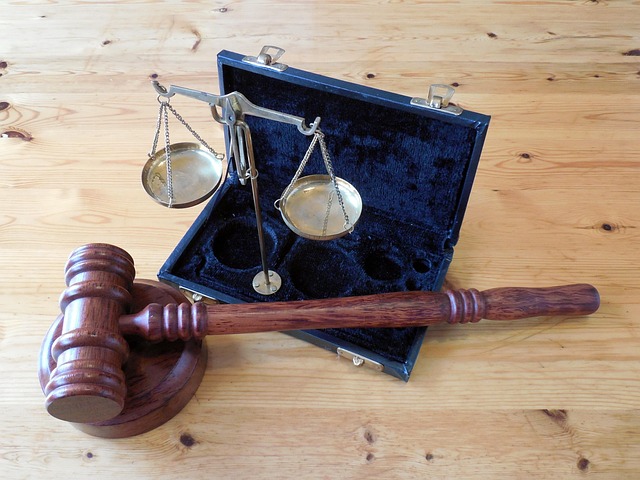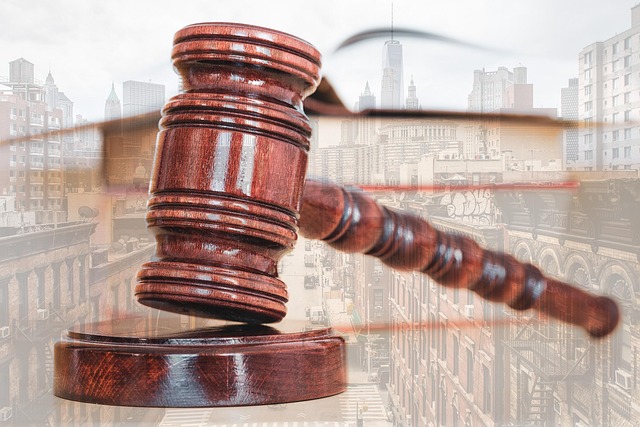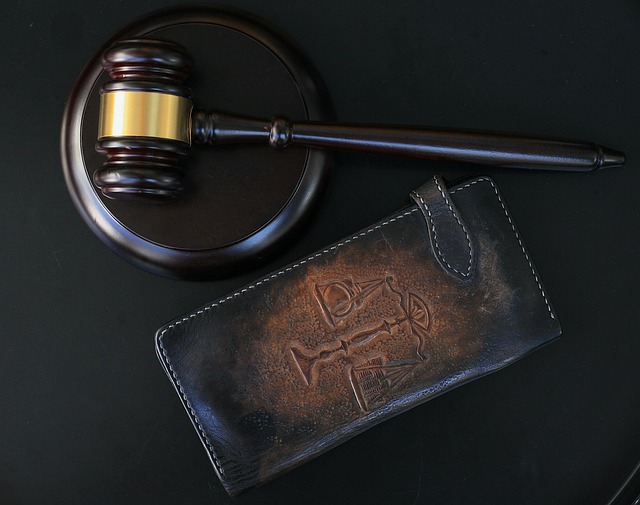Whistleblower Protection Laws (WPL) grant individuals exposing illegal activities specific rights during post-conviction proceedings, including legal representation and access to evidence. Understanding these rights is crucial for effective advocacy, ensuring justice, and fostering a culture of ethical reporting. High-stakes cases require comprehensive protection, community support, strategic legal maneuvering, and proactive documentation to safeguard whistleblowers' integrity.
Whistleblower protection lawsuits are a crucial mechanism for those who expose illegal or unethical activities within organizations. This article delves into the intricate world of whistleblower protections, focusing on post-conviction rights and remedies. We explore legal proceedings after incarceration, strategies for success in protection suits, and comprehensive support approaches for these brave individuals. Understanding your rights during post-conviction proceedings is essential for navigating this complex landscape and ensuring justice.
- Understanding Whistleblower Protection Laws
- Post-Conviction: Rights and Remedies
- Navigating Legal Proceedings After Incarceration
- Strategies for Success in Protection Suits
- Supporting Whistleblowers: A Comprehensive Approach
Understanding Whistleblower Protection Laws

Whistleblower Protection Laws (WPL) are designed to safeguard individuals who expose illegal or unethical activities within their organizations from potential retaliation. These laws grant employees and whistleblowers specific rights during post-conviction proceedings, ensuring they can speak out without fear of adverse consequences. WPLs vary across jurisdictions, but they typically include provisions for protection against termination, demotion, harassment, and other forms of discrimination.
In high-stakes cases involving corporate and individual clients, understanding these protections is crucial. Whistleblowers who navigate post-conviction processes with the knowledge of their rights can better advocate for themselves and contribute to a more transparent and accountable society. Across the country, these laws have fostered a culture where ethical reporting is encouraged, promoting a healthier corporate landscape and fostering public trust.
Post-Conviction: Rights and Remedies

After a conviction, individuals who have blown the whistle on illegal activities enjoy specific rights and remedies during post-conviction proceedings. These protections are designed to ensure that whistleblowers can appeal their cases effectively, seeking to overturn their convictions or reduce sentences. They include the right to legal representation, access to relevant evidence, and the ability to challenge the validity of their arrest, search, and seizure. This process allows for a thorough examination of their case, enabling whistleblowers to present new evidence and argue against any procedural irregularities that led to their conviction.
Successful navigation of post-conviction procedures can lead to significant outcomes for these individuals. Achieving extraordinary results, such as winning challenging defense verdicts, is not uncommon. Skilled legal representation plays a pivotal role in navigating these complex proceedings, ensuring that whistleblowers’ rights are protected and that justice is served.
Navigating Legal Proceedings After Incarceration

After being incarcerated for blowing the whistle on unethical or illegal activities within an organization, individuals often face complex legal landscapes when navigating post-conviction proceedings. During this critical period, their rights and opportunities for legal defense are paramount. While in prison, whistleblowers may have limited access to legal counsel, making it essential for them to understand their entitlements and options. This includes the right to effective assistance of counsel, which is crucial for mounting a winning challenging defense verdict.
The post-conviction process involves every stage of the investigative and enforcement process, from appeals to potential civil lawsuits. Achieving extraordinary results in these cases requires strategic legal maneuvering, leveraging evidence, and presenting compelling arguments. With dedicated legal representation, former whistleblowers can protect their rights, seek justice, and contribute to a culture of transparency and accountability within their organizations.
Strategies for Success in Protection Suits

When navigating whistleblower protection lawsuits, a key to success lies in understanding and securing rights during post-conviction proceedings. It’s crucial for both corporate and individual clients to ensure their voices are heard and their actions protected throughout this critical phase. Effective strategies include proactive documentation of all communications related to the whistleblowing incident, preserving evidence that supports the whistleblower’s claims, and fostering a robust network of support from philanthropic and political communities. This holistic approach enables individuals to defend their integrity and uphold the values they believe in, even when facing legal challenges.
Additionally, recognizing the unique dynamics at play in respective business environments is essential. Legal teams must be adept at balancing the interests of clients with broader societal goals, especially when addressing complex cases that pit corporate interests against public welfare. A well-crafted strategy, backed by solid legal argumentation and a deep understanding of the whistleblower’s motivations, can significantly enhance the chances of a favorable outcome. This ensures that those who come forward with valuable information are not only protected but also emboldened to continue their important work.
Supporting Whistleblowers: A Comprehensive Approach

Supporting whistleblowers is a multifaceted endeavor that goes beyond initial exposure. In high-stakes cases where individuals risk significant personal consequences for coming forward, comprehensive legal protection and support during post-conviction proceedings are crucial. This includes ensuring their rights are safeguarded as they navigate complex legal landscapes, often facing challenges like avoiding indictment and navigating intricate regulatory frameworks.
The involvement of philanthropic and political communities plays a vital role in reinforcing these protections. By fostering a culture that values integrity and accountability, these communities can help create an environment where whistleblowers feel empowered to expose wrongdoing without fear of retaliation. This collective effort not only safeguards the rights of individuals but also strengthens the integrity of institutions, ensuring transparency and justice for all.
Whistleblower protection lawsuits are a critical component of upholding justice and ensuring individuals can come forward without fear of retaliation. By understanding and leveraging whistleblower protection laws, those who have been wrongfully incarcerated can navigate post-conviction proceedings effectively. Knowing their rights during these crucial stages, from seeking remedies to implementing successful strategies, empowers whistleblowers to pursue truth and transparency. A comprehensive approach that supports and protects these individuals is essential to fostering a culture of accountability and ethical conduct.






